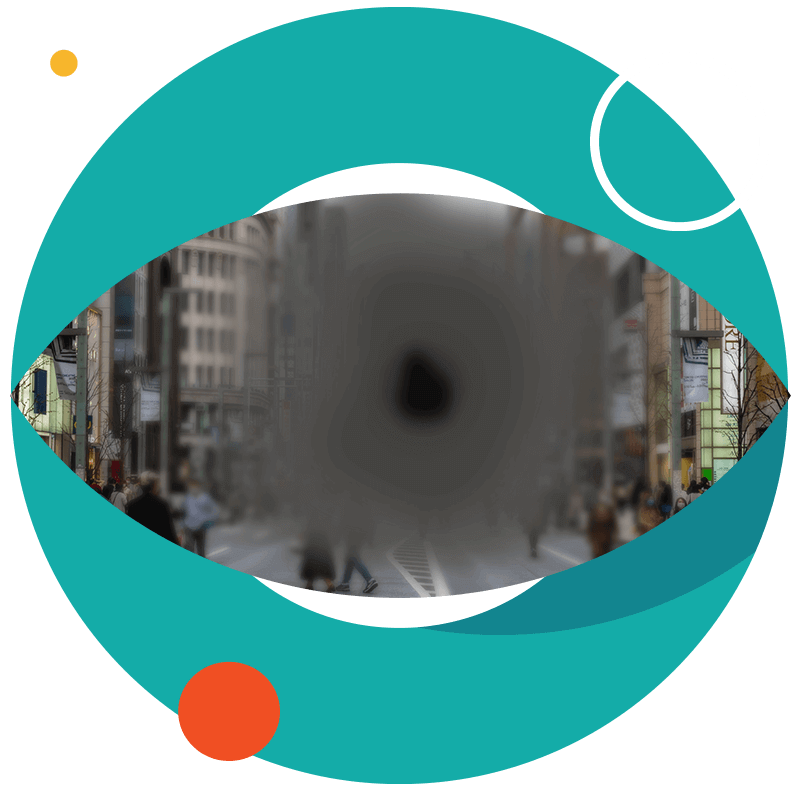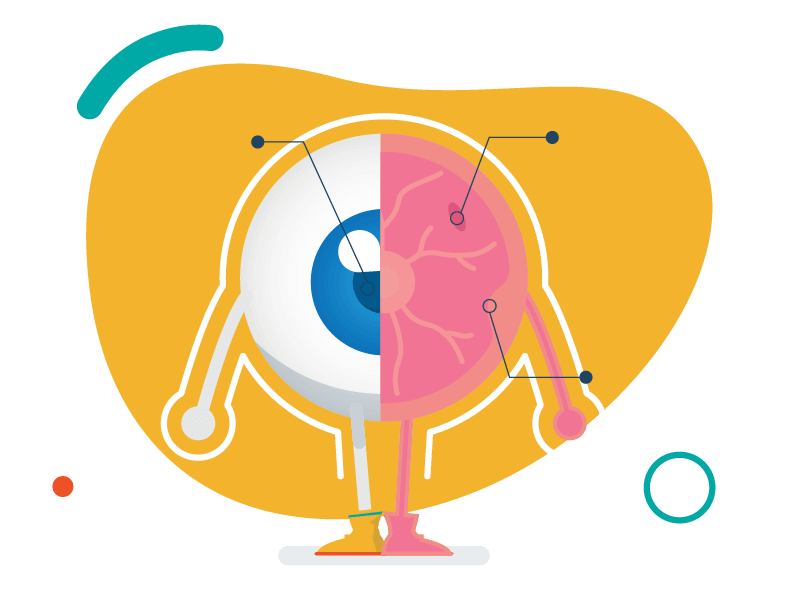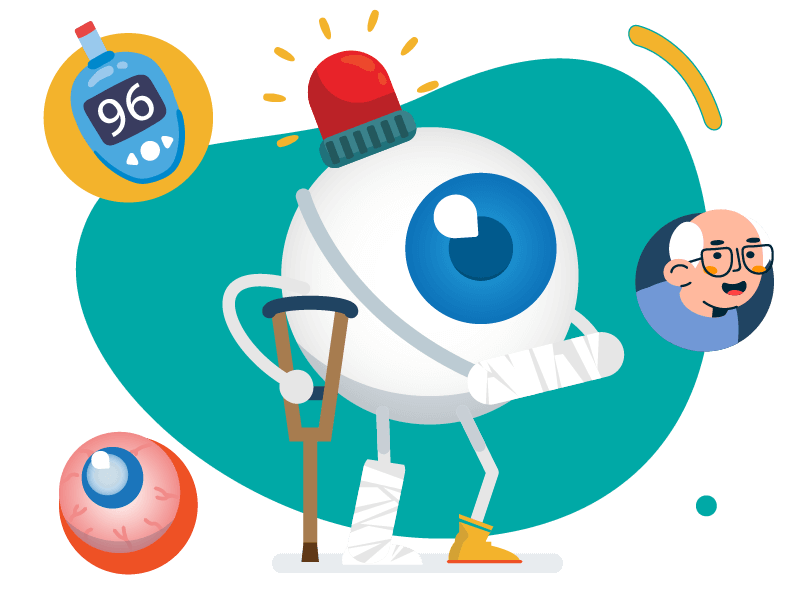Many people with this condition are told by eyecare professionals that there is nothing that can be done to help them. As optometrists with years of experience, we know this isn’t so!
We specialize in low vision care and offer an array of specialty devices and aids such as bioptic telescopes, magnifiers, and non-optical devices that can be used to improve your ability to engage in routine and recreational activities. These include such activities as watching television, reading newspapers, and recognizing people’s faces. Some people are even able to drive!
The important thing to know is that with proper and timely intervention most people are able to enjoy a high quality of life, and to continue to participate in their favorite activities.
























